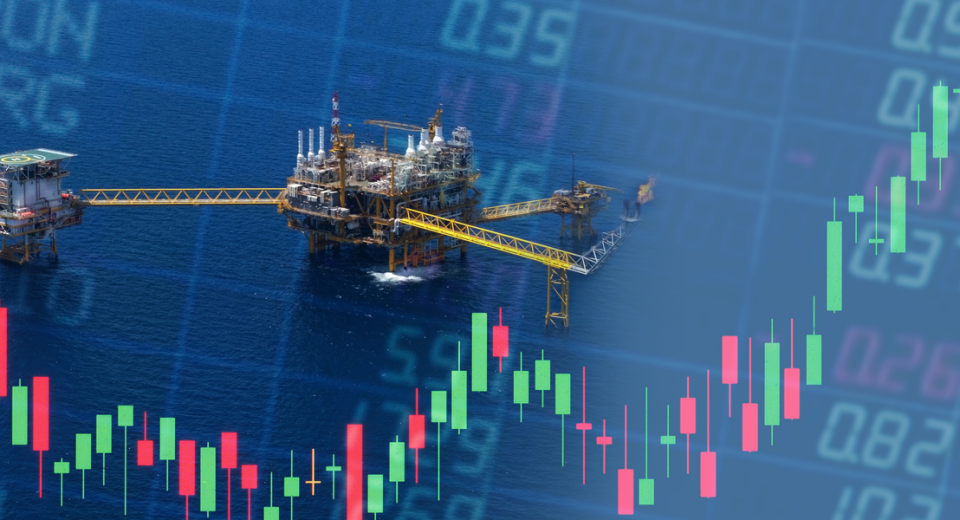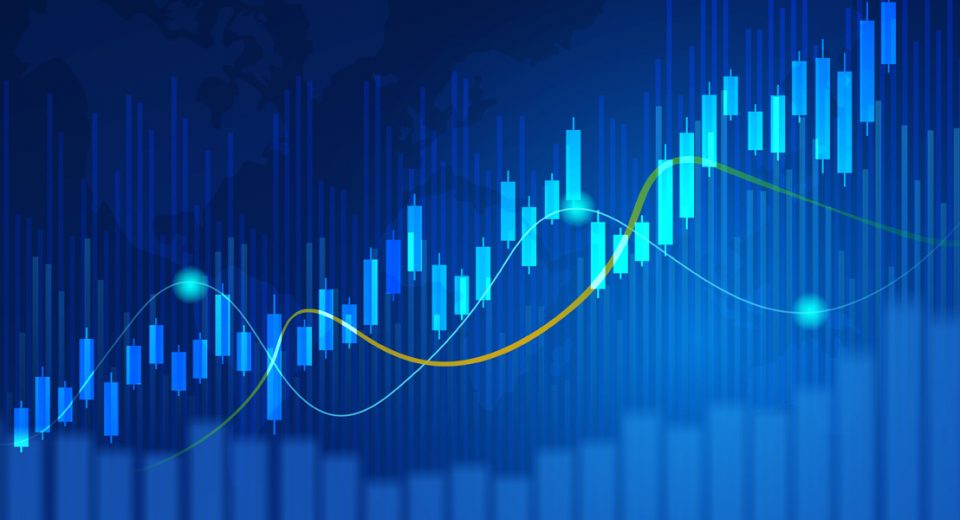What is Fundamental Analysis in Forex Trading?

Fundamental Analysis Forex Trading - Blackwell Global
Introduction to Fundamental Analysis
In this article, we’ll explore the nature of Fundamental Analysis and how you can utilize it in Forex trading.
What’s the best trading strategy in Forex? Which methodology produces the best results?
In truth, there isn’t a single answer – but many successful traders use something called Fundamental Analysis.
What is Fundamental Analysis in Forex trading?
Here’s a truth you need to recognize in Forex trading: world events move the markets.
Just look at recent examples: Brexit, the U.S. Election and the COVID-19 pandemic have all had a significant impact on the financial markets. It’s indisputable – events really do move the markets.
Fundamental analysis is simply the art of analyzing the impact of world events on a financial asset.
The goal of Fundamental Analysis is to identify why a particular financial asset, such as a Forex currency pair, has moved in a particular direction. Once you understand these reasons, it becomes easier to anticipate how future events might affect those financial assets.
The rule of thumb with Fundamental Analysis is actually pretty simple. Good economic news or events tend to strengthen the price of financial assets. On the other hand, bad economic news or events tend to weaken the price of financial assets.
The complexity with Fundamental Analysis lies in balancing the overall fundamental picture. Often there are multiple events that affect any particular financial asset at the same time.
Types of events to monitor in Forex
There are several types of events that can affect the financial markets. Most of these events are predictable and can be found on most online Economic Calendars:
National Elections: Any potential change in national government can have important economic and geopolitical consequences.
Speeches from World Leaders: Speech from influential world leaders can also impact the markets – as they too can give clues about the direction of economic and geopolitical policy.
Wars & Terrorism: Unexpected geoplotical events – such as wars and terrorist events can shake global financial markets.
Natural Disasters: Natural disasters – such as hurricanes, earthquakes and tsunamis – can also panic global financial markets.
Central Bank Statements & Speeches: Communication from the major central banks are closely monitored by participants in the financial markets. Speeches and policy announcements have profound implications on future economic prosperity.
Employment Data: Employment data is a popular economic indicator. It’s a metric which is commonly used to determine the health of a country’s economy. Positive employment data often bolsters that country’s currency, while negative employment data does the opposite.
Inflation Data: Most major countries are expected to maintain a rate of inflation of around 2%. Inflation that is too high or too low can be bad for an economy.
Interest Rate Changes: A decision to change interest rates is usually taken by an independent central bank – and is in response to changing economic conditions. Higher interest rates tend to increase the price of the associated currency, while lower interest rates tend to devalue the currency.
References
Investopedia, Forex.com, Planet Compliance, My Trading Skills.
Open A TURBO Account with Blackwell Global
Here at Blackwell Global, we’ve created an account designed to give you the best trading conditions in the industry. You can also trade popular CFD commodities, including Oil.
Plus – you can test your Fundamental Analysis capabilities on our MetaTrader 4 platform.


 RAW Spreads from 0.0 pips
RAW Spreads from 0.0 pips



